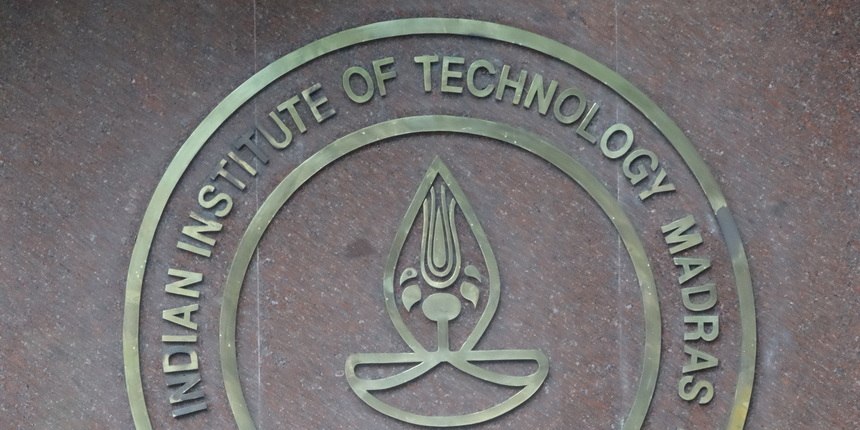IIT Madras startup Agnikul Cosmos launches ‘world's first single piece 3D printed engine’
Yutukuri Sai Kiran | May 30, 2024 | 12:08 PM IST | 1 min read
ISRO chairman Somanath congratulated the engine launch by the IIT Madras startup; highlighted the design and innovation of the engine.

NEW DELHI: Indian Institute of Technology (IIT) Madras's innovative startup, Agnikul Cosmos, has launched the ‘world's first rocket equipped with a single-piece 3D-printed engine’ today, the Indian Space Research Organisation (ISRO) stated. The launch took place at 7:15 am from Sriharikota.
The rocket, named 'Agnibaan - SubOrbital Technology Demonstrator (SOrTeD)', was launched from India's first private rocket launch pad Dhanush, established by Agnikul. It also represents India's first semi-cryogenic engine-powered rocket launch. This maiden flight aimed to test in-house technologies, gather essential flight data, and ensure the optimal performance of systems for Agnikul's orbital launch vehicle, Agnibaan.
The launch event was attended by several dignitaries, including ISRO chairman S Somanath, Indian National Space Promotion and Authorisation Centre (IN-SPACe) chairman Pawan Goenka, IN-SPACe technical director Shri Rajeev Jyoti, and Sriharikota Range (SHAR) director A Raj Rajan. Key members of Agnikul's team, including founding advisor Satyanarayanan R Chakravarthy and co-founders Srinath Ravichandran and Moin SPM, were also present.
ISRO chairman S Somanath congratulated Agnikul, stating, "ISRO applauds Agnikul Cosmos by IIT Madras for the successful launch. This achievement, showcasing a 3D-printed semi-cryogenic engine, highlights the prowess of indigenous design and innovation."
V Kamakoti, director of IIT Madras, hailed the achievement as an inspiration for aspiring entrepreneurs, underscoring the limitless potential of Indian startups.
Satyanarayanan R Chakravarthy highlighted the importance of India's first semi-cryogenic rocket engine, noting its potential to revolutionise space launch capabilities. With over 200 engineers and guidance from former ISRO scientists, Agnikul is poised to significantly contribute to India's technological and economic growth, he added.
Agnikul Cosmos by IIT Madras also plans to launch an orbital mission by the end of 2025 and is working with customers for regular flights.
Follow us for the latest education news on colleges and universities, admission, courses, exams, research, education policies, study abroad and more..
To get in touch, write to us at news@careers360.com.